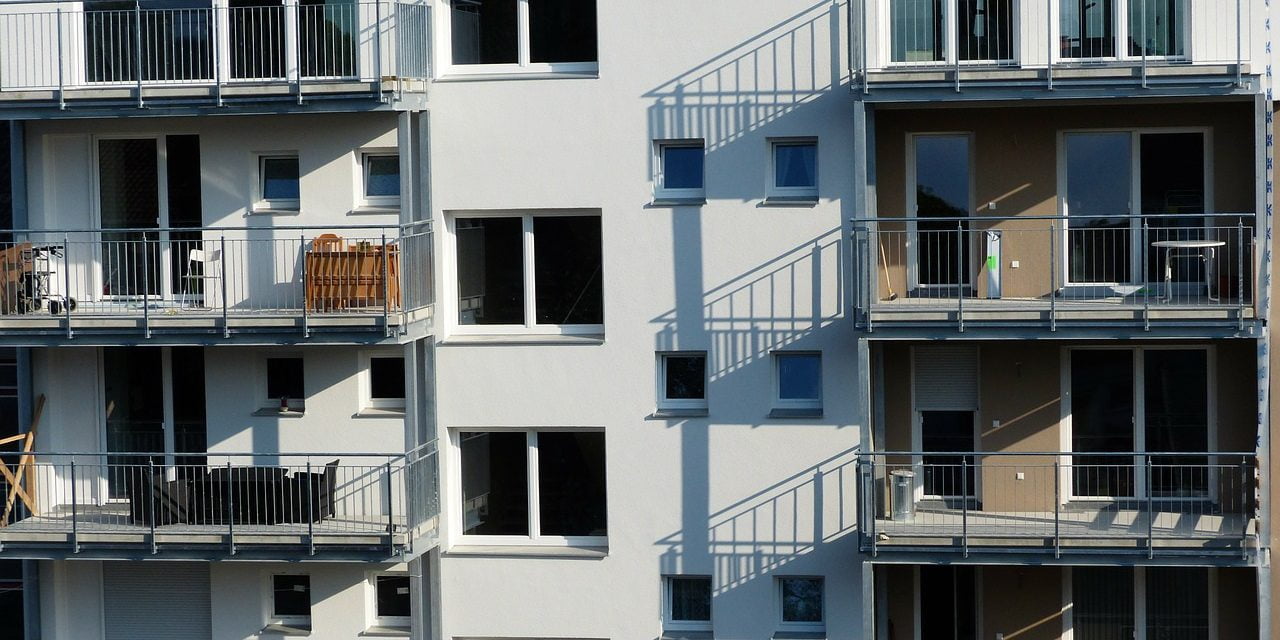Long Beach Brethren Manor v. Leverett
Facts: A tenant and landlord enter into a U.S. Department of Housing and Urban Development (HUD) rental agreement. The agreement prohibits the tenant from disturbing the rights and comforts of other tenants. Additionally, it permits the landlord to terminate the tenancy on the tenant’s material breach by providing either a 30-day notice for terminations due to good cause or the statutory notice required by state law for material breaches, “whichever is later.” The tenant breaches the agreement by engaging in altercations with other tenants. The landlord serves the tenant with a ten-day notice to quit instead of the minimum three-day notice as required by state law to allow the tenant additional days to vacate. The tenant refuses to vacate and the landlord files an unlawful detainer (UD) action.
Claim: The tenant seeks to invalidate the UD action, claiming the UD action is not enforceable since the landlord failed to provide adequate notice as the rental agreement requires the landlord to use the 30-day notice to provide the tenant a later date to vacate.
Counter claim: The landlord claims the UD action is enforceable since the landlord provided more than the minimum notice required by state law, which meets the requirements of the agreement.
Holding: A California superior court holds the UD action is unenforceable since the landlord did not provide adequate notice to the tenant, as the rental agreement requires the landlord to use the 30-day notice to provide the tenant with a later date to vacate than the statutory three-day notice to quit. [Long Beach Brethren Manor v. Leverett (August 3, 2015)_C4th_]














